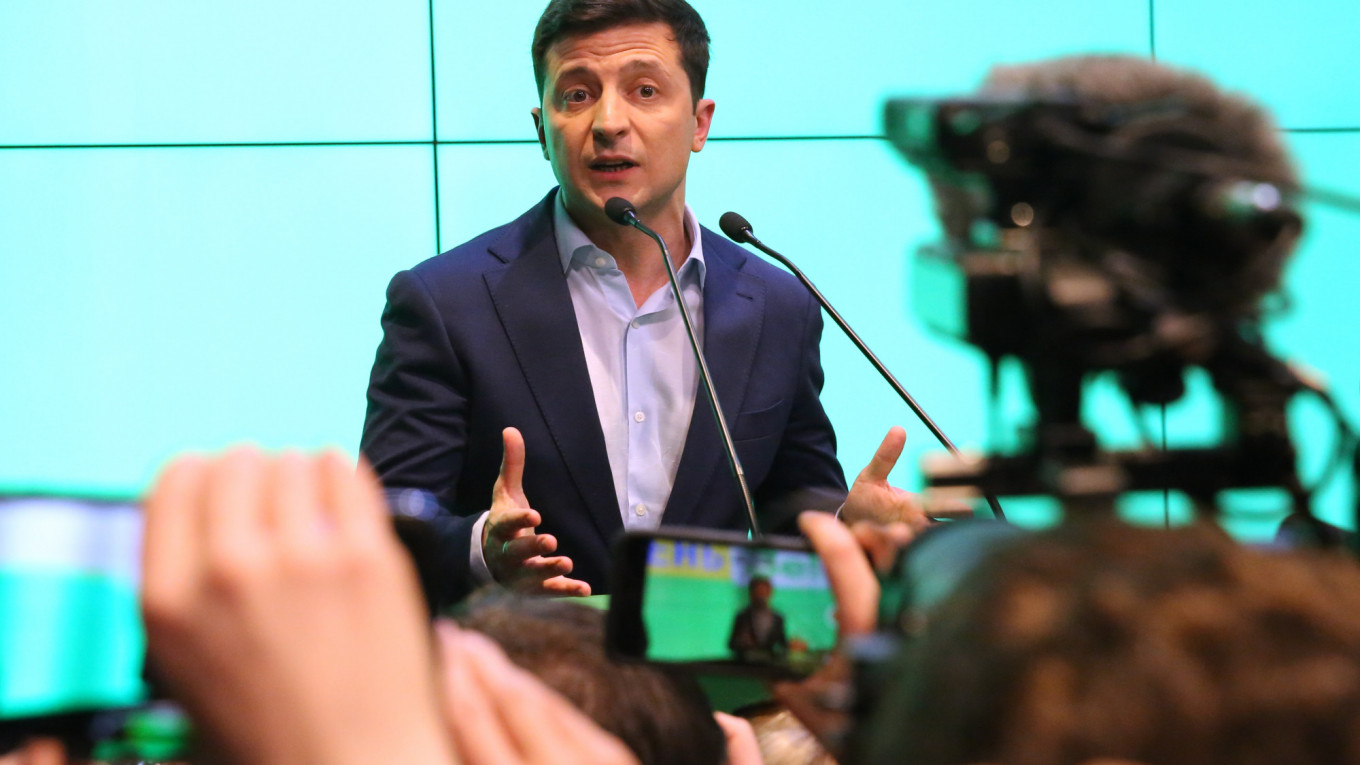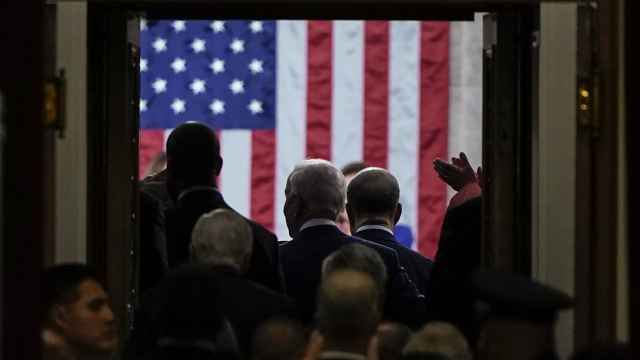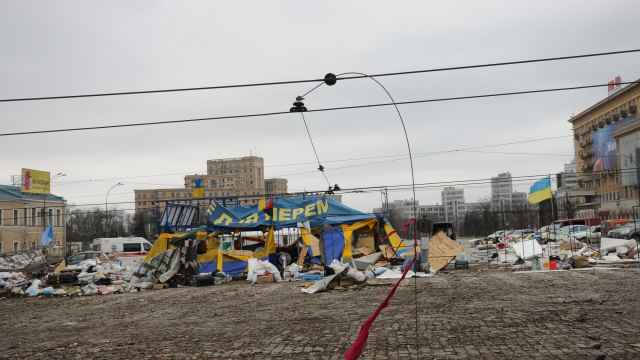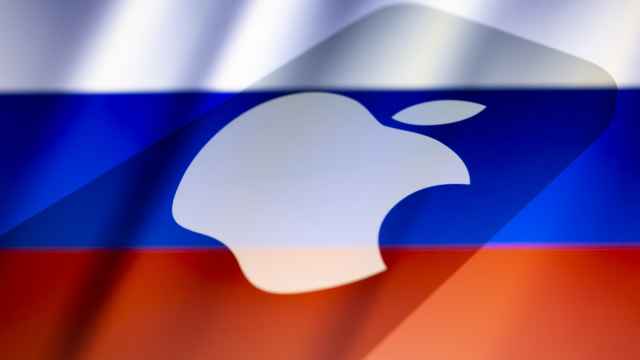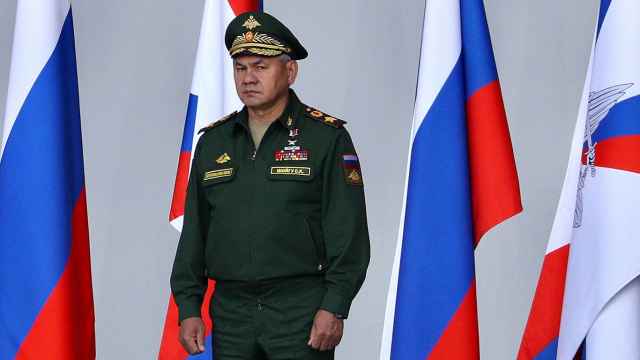The Russian-Ukrainian border is the only thing left in common between the peoples of the neighboring countries, Ukraine’s President-elect Volodymyr Zelenskiy has said in response to remarks from President Vladimir Putin.
Between signing orders that expedite the Russian passport application process for certain categories of Ukrainians, Putin called Russians and Ukrainians “one people” with common “cultural, language and historical traits.” Speaking at the Kremlin on Monday after Zelenskiy suggested giving Ukrainian passports to Russians, Putin said the two would benefit from sharing common citizenship.
“The reality is that today, after the annexation of Crimea and the aggression in the Donbass, the only thing we have left in ‘common’ is the state border,” Zelenskiy wrote on Facebook Thursday.
“And Russia must return control over every millimeter of the Ukrainian side. Only then can we continue searching for ‘commonalities,’” he continued.
Disputing Putin’s words that Russians and Ukrainians are “brotherly” peoples, Zelenskiy said that Moscow’s oil import ban and the capture of Ukrainian sailors in November “doesn’t bring the settlement of relations between our countries one iota closer.”
Putin said on Saturday Moscow was considering offering all Ukrainian citizens fast-tracked Russian passports, a move that angered some politicians in Ukraine, which has been at war with pro-Russian separatists since 2014.
When Putin simplified the procedure for obtaining a Russian passport for residents of separatist-controlled eastern Ukraine last week, Zelenskiy said that Putin should not expect many Ukrainians to take up his offer.
Putin has since signed another decree expanding the list to Ukrainians who once lived in Ukraine's Crimea region before it was annexed in 2014 and citizens of some other countries eligible for fast-tracked Russian passports.
Reuters contributed reporting to this article.
A Message from The Moscow Times:
Dear readers,
We are facing unprecedented challenges. Russia's Prosecutor General's Office has designated The Moscow Times as an "undesirable" organization, criminalizing our work and putting our staff at risk of prosecution. This follows our earlier unjust labeling as a "foreign agent."
These actions are direct attempts to silence independent journalism in Russia. The authorities claim our work "discredits the decisions of the Russian leadership." We see things differently: we strive to provide accurate, unbiased reporting on Russia.
We, the journalists of The Moscow Times, refuse to be silenced. But to continue our work, we need your help.
Your support, no matter how small, makes a world of difference. If you can, please support us monthly starting from just $2. It's quick to set up, and every contribution makes a significant impact.
By supporting The Moscow Times, you're defending open, independent journalism in the face of repression. Thank you for standing with us.
Remind me later.


